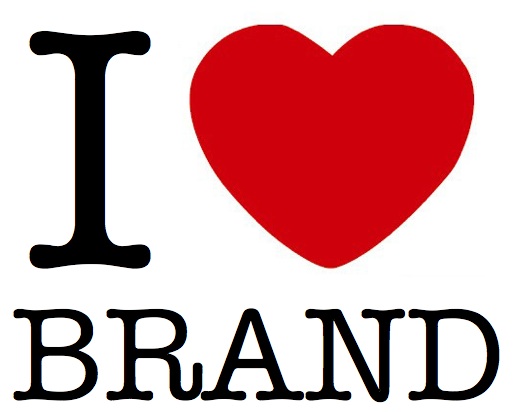The researchers first approached the question with structured interviews of 60 study participants about brands and people they loved and liked. They noticed some similarities in the way participants discussed humans and items: those that were loved felt indispensable, triggered caretaking instincts, and enhanced a moment or experience. But beloved brands were described in rational, highly reciprocal terms—the good had to give something back to the consumer—whereas interpersonal love could be selfless and emotionally one-sided.
So the basic idea here is that a bunch of academic research was done on brands and human connections back to brands, right? The way people love people — i.e. interpersonal relationships — is often not logical (this shouldn’t surprise you; see “family” and “many of your friends” for examples), whereas the way people love brands — is a bit more rational, which in this case means something similar to “reciprocal.” Remember: reciprocity is basically a “moral norm” that holds us together as humans. So it makes sense that we want that from a brand relationship, right?
Here’s what I just said phrased in a smarter way:
“Compared with their motivations for interpersonal love, consumers are more driven by rational benefits when they love a brand,” write Langner et al. “Although interpersonal relations might be benefit-driven too, the anticipated benefits in interpersonal relations tend to be emotional in nature.”
This can be a fraught topic, honestly. A lot of old-school marketing people came up in a world where brand, and subsequently the power of brand, was everything. That world may be changing: if you analyze mergers over the last decade or so, the power of brand is declining. That’s in sheer bottom-line, financial terms. You know what’s rising in its place? The power of customer satisfaction.
That makes a ton of sense: the funnel shifted, and now there are so many more options for anything — and it’s easier to do research and all that. Your allegiance is logically going to be less about a brand (say, NIKE) and more about how a brand treats you (say, free returns or something). That — the experience — is going to tie you back to an organization, less than their logo or name. Experiences are everything; they’re changing how we conceptualize retirement.
If you’re armed with this knowledge that brand isn’t quite the powerhouse it used to be and that how your customers experience you matters more — and then you add in that the emotions a customer feels towards your brand are probably akin to “rational love,” well … here’s where I think you suss out:
- Figure out what “your story” is. What do you want to tell consumers about what you do and who you are?
- Realize that your marketing probably needs to evolve to work in the modern space.
- You need an interface that’s simple and elegant for your customers.
- And yes, simplicity can be a legitimate business strategy.
Times change, you know? The concept of power-branding and make the consumer love the brand! have changed, too. We have research and ideas all over the place on this. If you don’t listen, eventually you’re going to lose customers and revenue. That’s not good, right?


Reblogged this on Kenneth Leung, Thinking, Seeing, Living and commented:
People affiliate and enjoy their relationship with brands, like Apple, BMW, Mercedes, etc. Go to a cars and Coffee or the Apple Developers Conference, you see expressions for love for a brand 🙂